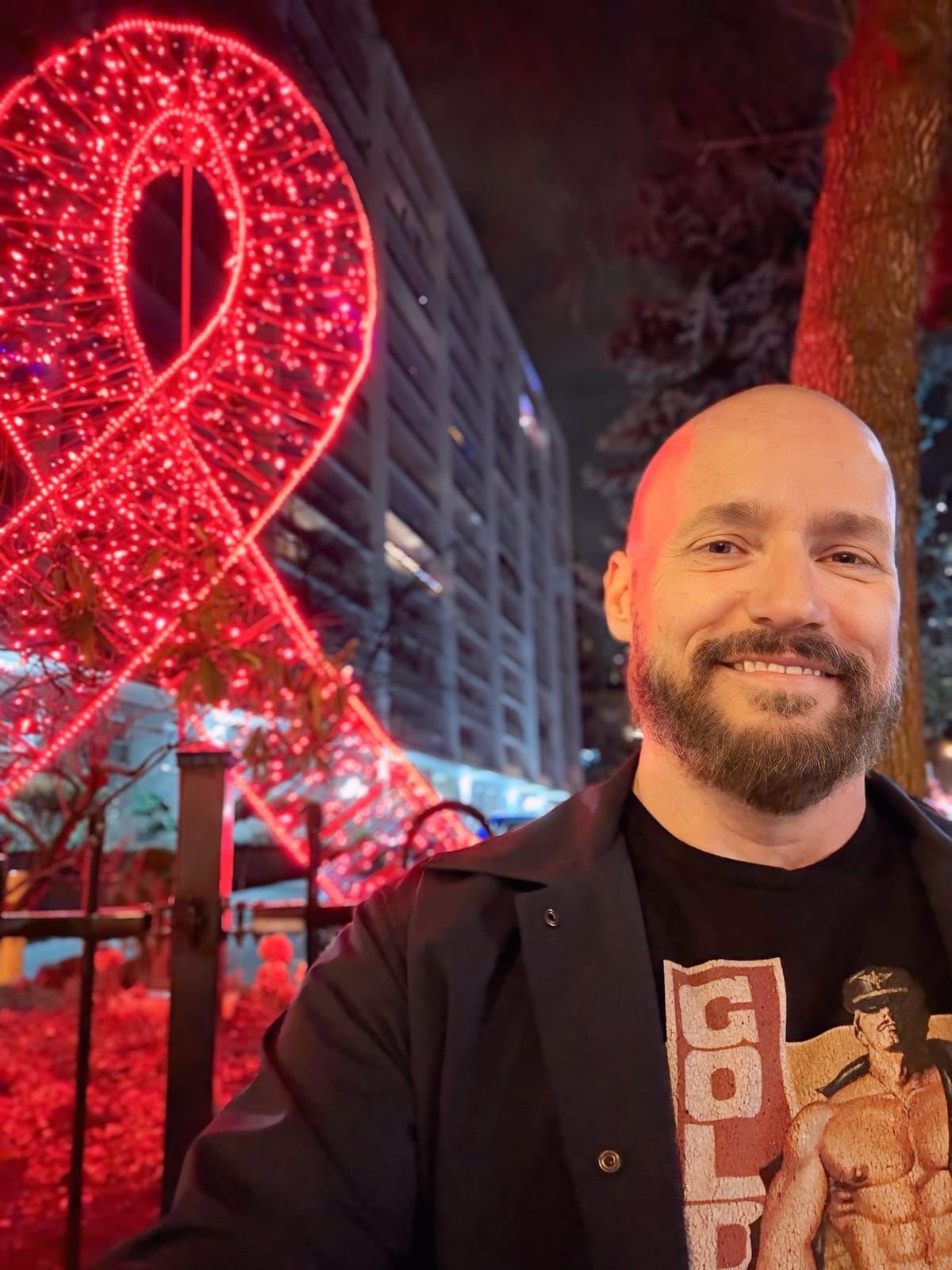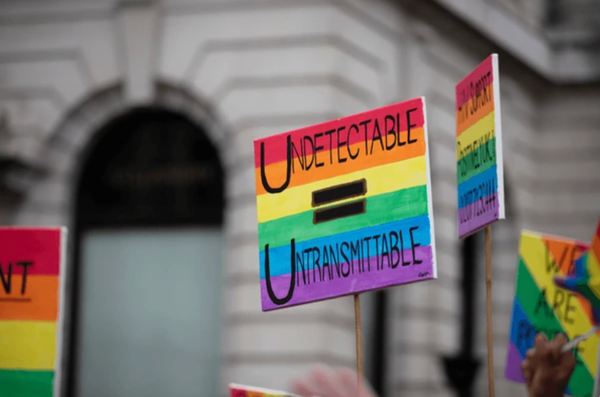Building Legacy: How Our Actions Shape the Future of HIV Advocacy

When we talk about legacy, we often think of what we leave behind. But legacy isn’t just about the past—it’s about what we create right now. Every action we take, every conversation we start, and every barrier we break down contributes to the future of HIV advocacy.
As someone who came into this work later in life, I often reflect on the people who paved the way before me. The activists who fought for treatment access, the storytellers who refused to let stigma define them, the policymakers who challenged injustice. Their legacies live on in every new leader who steps up, in every policy we change, and in the way we continue to shift the narrative around HIV.
But legacy isn’t just something that belongs to the past—it belongs to all of us who are shaping the present.
Turning Leadership into Impact
In 2019, I completed PLDI (the Positive Leadership Development Institute) Core Training, a program designed to equip people living with HIV with leadership skills to take action in their communities. I didn’t know at the time that it would plant the seed for something that would have a lasting impact. That training gave me the tools to step into my own leadership, and from that, the “I Can Give U” campaign was born.
That campaign is my way of challenging stigma and reshaping the conversation around what people living with HIV have to offer. It’s about breaking free from narratives of limitation and focusing on what we bring to the world—Hope, Insight, and Visibility.
- Hope, because living with HIV is not the end of our story—it’s part of a much bigger journey.
- Insight, because our lived experiences shape policies, challenge stigma, and create spaces where others can thrive.
- Visibility, because when we speak up, when we refuse to be erased, we make it impossible for society to ignore our realities.
By shifting the conversation in this way, we don’t just fight stigma—we redefine what it means to live openly, unapologetically, and powerfully with HIV.
Advocacy That Changes Lives Today and Tomorrow
Much of my work is centered around U=U (Undetectable = Untransmittable)—a message that has the power to transform lives. U=U is more than just a scientific fact; it’s a tool for dismantling stigma, empowering people living with HIV, and reshaping public health approaches. Yet, despite overwhelming evidence, misinformation and fear still prevent many from embracing its full meaning.
By advocating for widespread awareness, policy integration, and meaningful education on U=U, I’m working to ensure that people living with HIV not only survive but thrive—free from unnecessary fear, rejection, or self-doubt. This isn’t just about science; it’s about dignity, self-worth, and challenging the outdated narratives that continue to harm our communities.
At the same time, HIV criminalization reform remains an important piece of the puzzle. Policies and laws can feel rigid, but they aren’t permanent. Through my work with the Canadian Coalition to Reform HIV Criminalization, I contribute to challenging, rewriting, and dismantling laws that punish people living with HIV based on fear rather than science. Ending HIV criminalization and embedding U=U in public health policies go hand in hand—both are about ensuring that people living with HIV are treated fairly, equitably, and with respect.
Leaving Space for Others
A true legacy isn’t just about what we do—it’s about who we empower. That’s why mentorship, leadership development, and collaboration are at the core of my work. Through my involvement with the Ontario AIDS Network, CANFAR, and InclusHIV Consulting, I work to ensure that new voices are heard, that fresh ideas are valued, and that the next generation of advocates has the support they need to lead.
That’s also why I’m honored to have been selected as a mentor for the 2025 International AIDS Society Mentorship Programme. This opportunity allows me to support emerging leaders on a global scale, ensuring that the next wave of HIV advocates is equipped with the knowledge, confidence, and tools to continue driving change.
Because the best legacy we can leave is not just the work we do—it’s the people we uplift along the way.
What Will Your Legacy Be?
We are all shaping the future of HIV advocacy in different ways. Whether through activism, storytelling, policy change, or mentorship, every action counts.
So, ask yourself: What impact do you want to have? What story will you be part of?
Because legacy isn’t just about looking back—it’s about what we choose to do right now.





